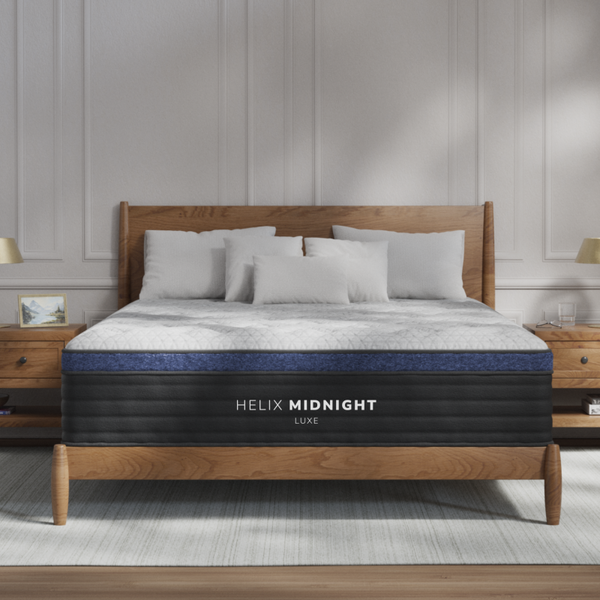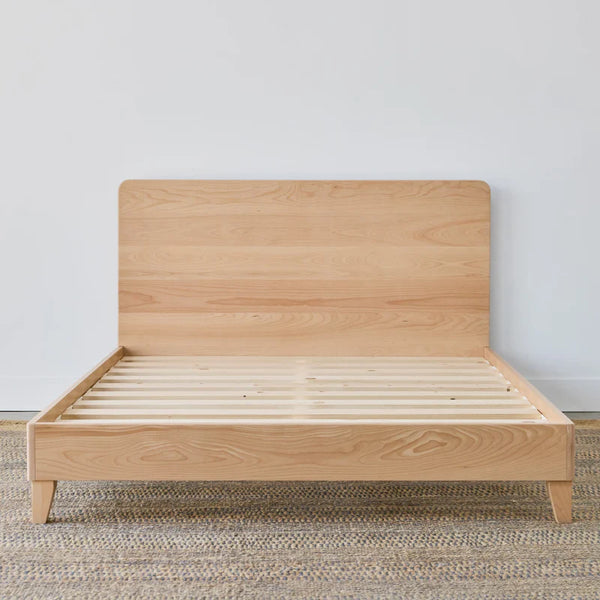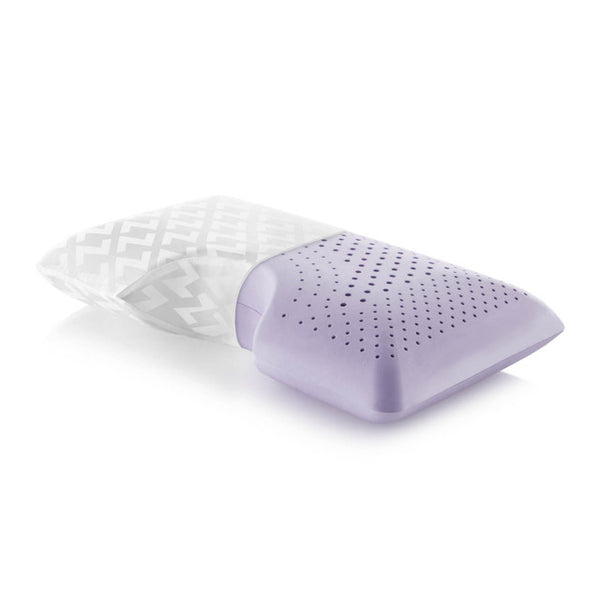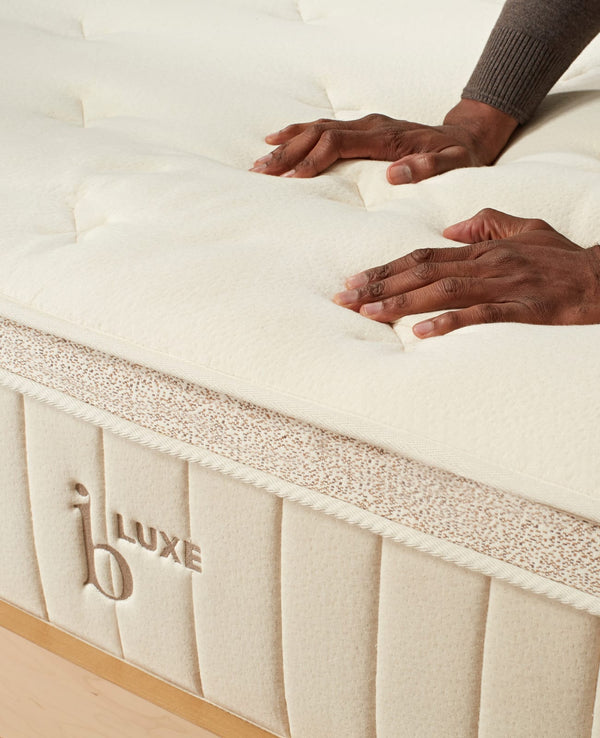
What is the Ideal Firmness of a Mattress to Sleep on?
Selecting an ideal firmness level for your mattress depends on several variables, such as body weight and sleeping position. A soft mattress might feel like a rock to someone with heavier bodies while remaining cottony soft for lighter sleepers.
Innerspring mattresses vary in firmness according to coil gauge, type and style. Most sleepers find comfort on medium-firm beds.
Soft
Softness matters greatly for mattress shoppers. Most sleepers require just the right combination of support and contouring in their mattress in order to ensure an uninterrupted, restful slumber. When it comes to side sleeping specifically, too-firm mattresses may cause hip and shoulder pressure points while too-soft surfaces could result in excessive sagging over time.
To address these concerns, many mattress manufacturers create softer mattresses with thick comfort layers that cradle the body. Unfortunately, due to thinner comfort layers on a soft mattress it may feel stiffer than medium-firm models.
Sleepers' unique bodies also play an integral part in how soft or firm a mattress feels to them, such as weight and height; these factors will have an impact on whether the mattress feels firm enough for them. Furthermore, one's sleeping position may influence which firmness level they prefer.
Due to these considerations, mattress companies' firmness scale isn't an exact science; nevertheless, its basic categories help shoppers narrow down their selection. Soft mattresses typically feature thicker comfort systems made of materials to cradle the body and relieve pressure in specific areas; such mattresses typically include Nolah AirFoam or memory foam layers to provide adequate cushioning while remaining supportive of sleepers' bodies.
Medium
Firmness levels within this category provide optimal support, contouring to alleviate pressure points such as hips and shoulders while encouraging good posture. Sleepers of all body weights usually find comfort within this range; those who weigh more may prefer firmer mattresses.
Sleepers looking for a softer mattress option often opt for foam mattresses, as these offer closer contouring without compromising support. Firmness depends on density; force needed to compress surface determines density; lower density foam has greater flexibility and "give."
Mattresses from this category tend to provide sufficient support for sexual activity, making it suitable for stomach sleepers whose spines can become exposed if their mattress doesn't offer sufficient back relief. This is particularly important as stomach sleeping exposes one's spines to pressure that could potentially cause backache without adequate support from their mattress.
Sleepers who enjoy hybrid mattresses often opt for those that combine supportive innerspring coils with the conforming properties of foam. These mattresses come in both soft and medium-firm styles.
Firm
The ideal mattress firmness depends on several factors, including their typical sleeping position. An overly soft sleeping surface will place undue strain on certain points on your body such as hips and shoulders while one that is too firm may push your spine out of alignment.
Mattress firmness levels should generally provide a comfortable medium for most sleepers. But finding one tailored specifically to you can be challenging without first testing out physical samples; that's why many mattress retailers provide free sleep trials and break-in periods - giving you ample opportunity to find out which mattress firmness level best meets your body.
Many people mistake firmness and support as interchangeable characteristics; they're two separate traits determined by different components of a mattress's comfort system and core. Although firmness of a mattress is important, its soft feel doesn't preclude it from providing exceptional support; hybrid mattresses feature comfort layers over support cores that determine its firmness or softness depending on thickness and material composition of its comfort layer; thicker layers comprised of more conformable materials tend to produce softer feels while thinner ones comprised of less malleable materials will tend to produce firmer experiences.









